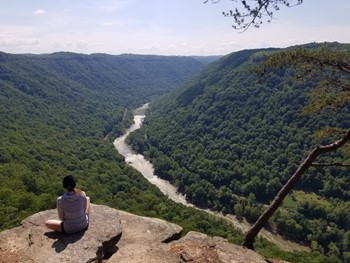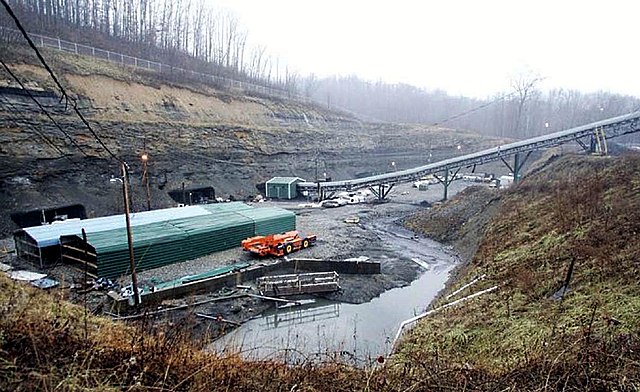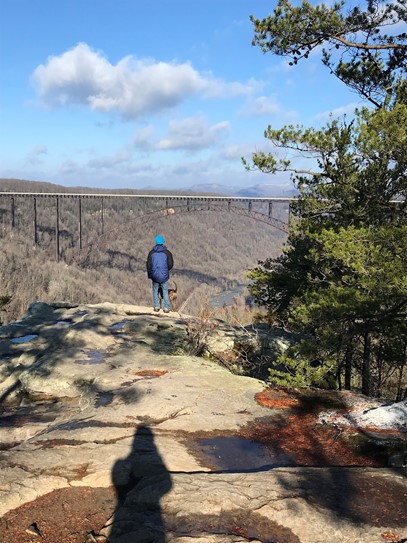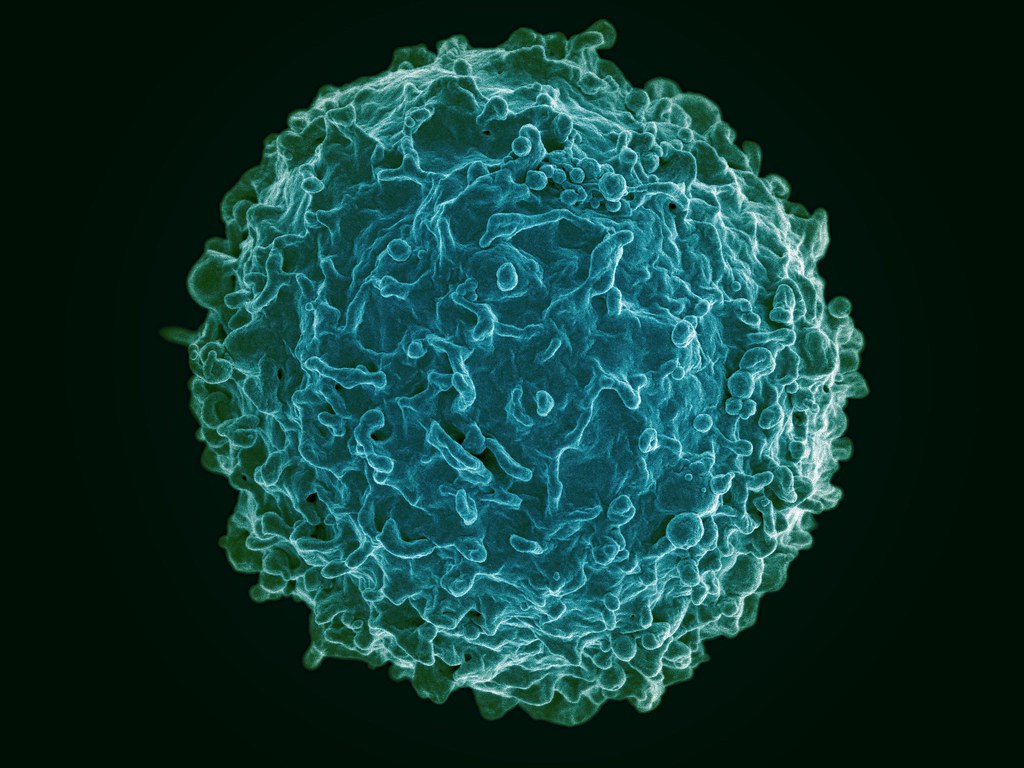
West Virginia is home to the newest national park, New River Gorge, known for its world class white water rafting. It is also home to some of the worst drinking water in the United States. The juxtaposition of the two could not be more clear. Old habits die hard, and in a state where an extraction economy has been king, moving forward to address environmental concerns can be difficult.
Most of us are familiar with the Flint, Michigan water crisis with its lead pipes leading to water contamination. What you might not know is that the majority of safe drinking water violations across the U.S. occur in small, rural communities. Nestled in the Appalachian Mountains, the majority of counties in West Virginia are in the top third of the nation for drinking water quality violations. So what is the problem, how does it impact the residents, and who is trying to make changes?
The Problem & Impact on Health
In the early 1900s, coal towns started popping up all over Appalachia. Aside from the coal companies controlling most aspects of the workers' and residents' lives, these coal towns were typically isolated, unincorporated towns that were not built with long-term infrastructure in mind. Not all of Appalachia's drinking water issues are tied to the coal mining industry, but nonetheless, extractive industries took a hold of the economic and environmental sectors of Appalachia and continue to impact the quality of water people are consuming.
For example, imagine being told that you cannot brush your teeth, take a shower, or even wash your clothes with the water that you pay for every month. That's what happened in 2014 in Charleston, West Virginia at the hands of Freedom Industries, a company that distributed chemicals for coal mining. They allowed crude 4-Methylcyclohexanemethanol (MCHM) to leak into the Elk River which then flowed to approximately 300,000 residents. All my life, I can remember my family telling me to roll up the windows driving down I-79 past the chemical plants along the river. You could almost taste the difference in the air. Further up the road, residents in Parkersburg are still grappling with the effects of C8 contamination in the water due to the Dupont company (now Chemours), which makes Teflon, dumping chemicals into the Ohio River (see the movie Dark Waters for an overview). More recently, Appalachians are dealing with the consequences of mountaintop removal, a practice which has led to thousands of streams being buried by waste rock and to poorer water quality downstream. Throughout West Virginia, the water quality is suffering all over the state.

Water contamination in Appalachia has been linked to several negative health outcomes. MCHM, found in the Elk River chemical spill, can cause headaches, difficulty breathing, and eye and skin irritation. At higher levels, the C8 leaked into water has been linked to testicular cancer, kidney cancer, thyroid disease, ulcerative colitis, pregnancy-induced hypertension, and high cholesterol. The water stemming from mountaintop removal sites contains higher than average levels of iron, manganese, lead, and arsenic. Companies argue that there is no evidence that the chemicals from their plants are directly related to the health issues suffered by many Appalachians.
Making a Difference
Appalachians are often described as “pull yourself up by your bootstraps†type of people. They are resilient in the face of constant adversity. Many are skeptical of help from outsiders, like the federal government and corporations, due to a long history of exploitation and broken promises. For several years, environmental regulations have been introduced by the state and federal government and local activists. Those regulations have either been weakened to benefit the extraction companies or ignored completely. The infrastructure bill passed in November of 2021 is poised to offer some relief to citizens from water contamination, but it is a drop in the bucket compared to the 50 billion dollars that was allocated to rural infrastructure in earlier versions of the bill.
In a testament to supporting one another and an emphasis on community, grassroot organizations like the DigDeep Appalachian Water Project are working to organize the local community and bring clean drinking water to residents. In McDowell County- a once thriving coal mining community that has since suffered economic setbacks due to job loss from increased mechanization- locals are working together to bring high-pressure water lines to households that have been without clean drinking water, and in some cases running water in general, for years due to aging infrastructure and contamination from coal mines or gas drilling. At a broader scope, Appalachian Voices fights for environmental justice to protect the land, air, and water by advocating for the Black Lung Tax, supporting abandoned mine cleanups, and recruiting advocates for the health of Appalachia's waterways.

What Now?
So definitely go to the New River Gorge National Park and Preserve. Take a rafting trip, hike the Endless Wall Trail that follows a ridge along the river, and explore how coal shaped the surrounding communities. But in the spirit of World Health Day, remember that many people in these communities and Appalachia in general are routinely denied access to what the World Health Organization considers “fundamental to human development and well-beingâ€: clean, quality water. To find out more about tap water in your area, check out the Environmental Working Group's Tap Water Database, and to learn more about what's happening up the road in the Appalachian region, follow 100 Days in Appalachia on Instagram (@100daysinappalachia) or Twitter (@Appalachia100).
Additional Links:
- When water becomes dangerous: pollution in the Smokies and beyond
- Oil Wells in the River of Grass
- It’s All Upstream From Here
About the Author
Jessica Fabbricatore is a PhD Candidate in interpersonal and health communication studies at the University of Georgia. She investigates substance use and abuse- whether that's how it impacts the family or developing prevention campaigns. Her life outside of school revolves mostly around her dog, Ollie. Her spirit animal is Tina Belcher.
- This author does not have any more posts.





